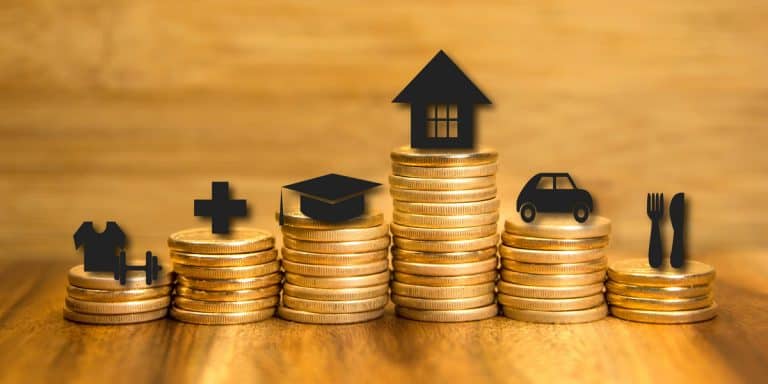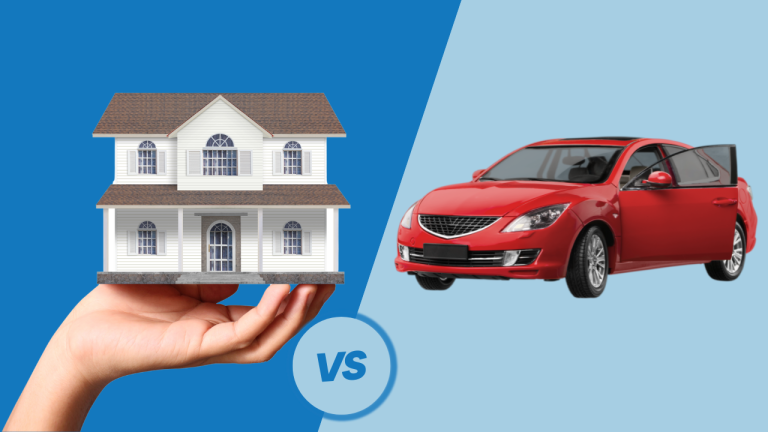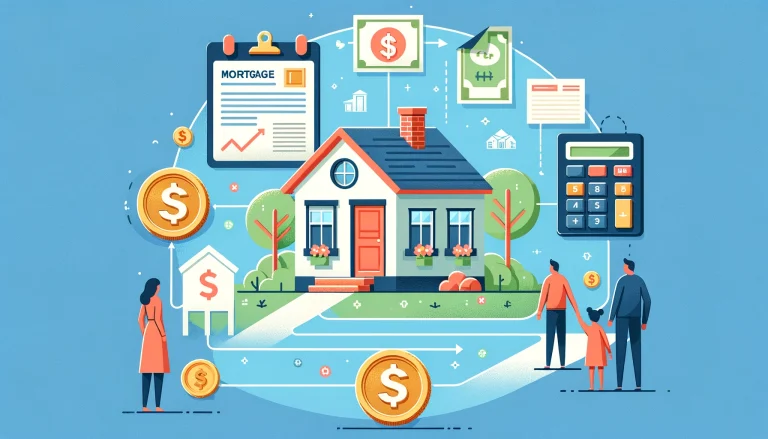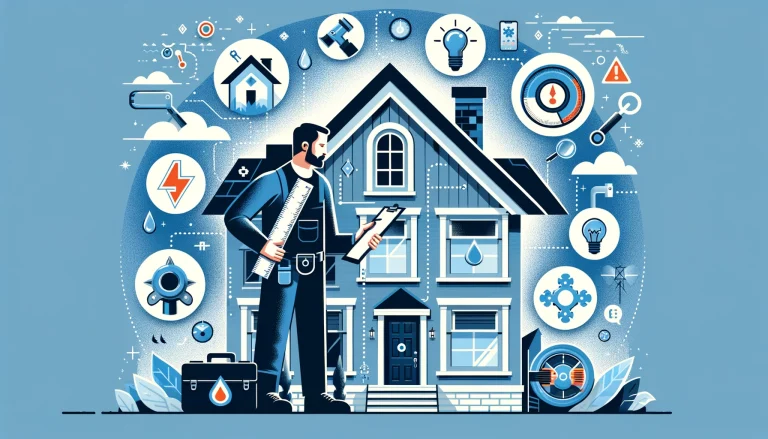Among the many debt options, is the personal loan a good option for you? During these trying times, creditors scrutinize borrowers even more. They assess their credit reports to determine their eligibility and probable loan terms.
If you have excellent credit, you’ll receive approval for the best terms, such as low personal loan rates.
What are Personal Loans and their Rates?
Personal loans are borrowed funds that people can freely use for any purpose like home improvement. If you’re in urgent need of funds, these could just be the best options.
In contrast, other loans are intended for specific uses, such as student loans and auto loans. These may only be used for their specified purpose, so you cannot use them for emergencies.
Personal Loans
You could take out two types of personal loans: unsecured and secured. Unsecured loans are lent funds that are not backed by collateral. These do not risk any of your assets or possessions if you fail to repay on time.
These usually include credit card debts and student loans, but you could find secured credit cards offered by your issuer.
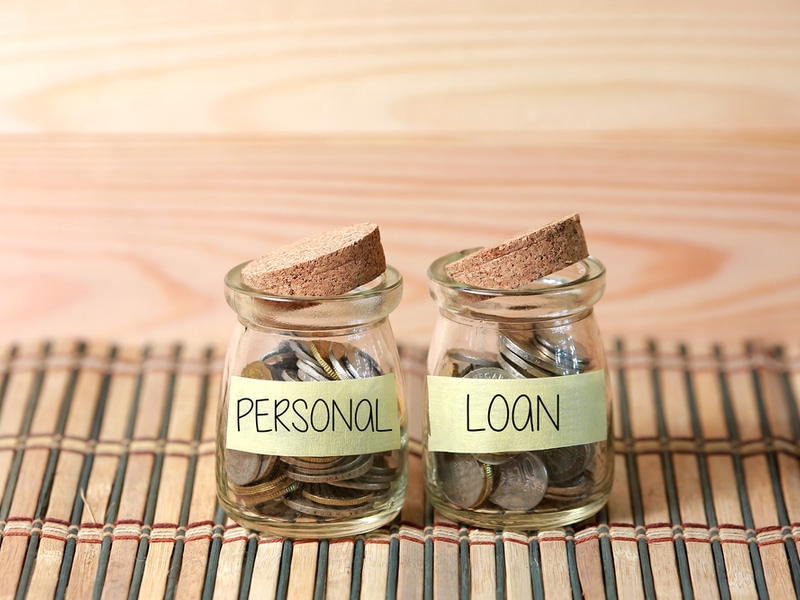
The highlight of unsecured loans is the absence of any collateral requirement. In addition, they typically offer more expedient applications compared to their secured counterparts. However, you may find it hard to acquire these if you have poor credit.
Even if your bank grants you one, it could come with a high interest rate because there’s no collateral.
On the other hand, you might obtain a secured loan more easily even if you have bad credit. These require collateral such as your money deposit or possessions that defend lenders from risks such as late payments.
Also, they have lower personal loan rates since the collateral might compensate for them. Avoid falling behind payments though, as your bank can seize your assets.
Interest Rates
Credit institutions such as banks rely on interest to earn money themselves. Moreover, these are used to cover expenses such as origination fees. This is why they assess their clients’ credit reports before handing out loans.
It helps them avoid potential credit risks and determine the personal loan interest rates they will grant borrowers.
The interest rate is usually referred to as the annual percentage rate (APR) that spans the life of the loan. You’ll have to repay it in 36 months or less depending on your chosen payment plan. Aside from choosing from unsecured or secured options, you must also pick between fixed and variable interest rates. These will affect your loan payments in the short-term and long-term.
If you want consistent monthly installments, then you should ask your bank for fixed-rate personal loans. These will retain the same rate for the entire payment period, regardless of market conditions.
However, these phenomena may cause banks to lower interest rates, but you’ll be stuck with your fixed-rate regardless.
In response to economic conditions, banks can lower their interest rates. For instance, the COVID-19 pandemic prompted banks to lower their interest rates for variable-rate loans. If you have such loans now, you may be paying less interest as a result.
Still, please note that personal loan rates could also rise, so variable-rate loans are usually riskier than fixed-rate options.
How to Get a Personal Loan with Low-Interest Rates
Want to get the best personal loans with the lowest rates? Start by improving your credit report to earn a higher credit score. Lenders use credit scores to grant loan terms and conditions accordingly.
Adjust your spending habits to enhance these factors, and you might just earn a better score and loan.

Credit bureaus created credit scoring systems in order to help lenders detect credit risks. They do this by analyzing people’s loan payment records. Generally, the most important factors are your payment history and credit utilization.
There are three other factors though, such as the length of your credit history, new credit, and credit mix.
How to Improve Your Credit for Better Rates
You should start raising your credit score by paying your unpaid balances on time. This shows that you are able to repay diligently, increasing your credit score.
In addition, you must keep the ratio between your balances and your credit limit at 30% or lower. It’s called credit utilization, and you must pay down debts and avoid new ones in order to maintain it.
The other credit rating factors are your length of credit history, credit variety, and new credit. Maintaining a lengthy credit history, taking out new debts, and keeping multiple kinds may improve your credit score.
Your credit rating could include different factors. Moreover, you can negotiate with your lender for lower personal loan rates. Alternatively, you could ask someone with good credit to co-sign the loan with you. Your lender may be inclined to give a lower interest rate since the responsibility is split with another person.
However, you should discuss with your probable cosigner thoroughly before taking out the loan. After all, you’ll have to convince them to shoulder a loan with you.
Personal Loan Rates for Good Credit
If you have good credit, you may find it easier to obtain approval for personal loans. You’re also likely to receive your bank’s best loan terms, such as their lowest rates.
This means you’ll be able to repay the debt easier due to the lower monthly payments. If you pay diligently, this can even help you further improve your credit score.
Personal Loan Rates for Bad Credit
Poor credit may bar you from taking out personal loans. You would have to settle for your bank’s worse loan terms, so you’re more likely to get approved. Also, you might not be able to get unsecured options.

Unfortunately, you can receive the highest interest rates, so you might have to pay more every month.
What is a Good Interest Rate for a Personal Loan?
Determining a good interest rate for your needs will depend on so many factors. These include your financial needs, credit report, and your lender’s available offers.
Nevertheless, you’re likely to receive good personal loan rates if you have excellent credit. Make sure to check all available banks and credit unions for more personal loan options.
Final Thoughts
Aside from opening savings accounts, banks may provide personal loans to their clients. You can take one for yourself for a variety of reasons. The available options will depend on your credit score though, so you may want to improve yours before applying.
Fortunately, you could adjust your debt management habits in order to have a better credit score and personal loan.
Make sure to check all available credit institutions to find all viable personal loan options. You should also understand and compare their features, so you can choose the best one for you.
Aside from personal loans, you may find specific loans for your needs. If you need college tuition, you can find student loans that are better than personal loans.
In addition, you could take from your home equity for loans or lines of credit instead. The former comes as a lump sum, while the latter functions similarly to your credit card.
More About Personal Loan Rates
What does a 10% interest rate mean on a personal loan?
This means you’ll have to pay 10% of your loan amount on top of your principal. Interest rates are usually expressed as annual percentage rates (APR) that are divided among your scheduled payments.
Does a personal loan hurt your credit?
It could hurt your credit if your bank performs a hard credit inquiry for your application. This is why you should be certain about taking out a personal loan beforehand.
Which bank is best for a personal loan?
This will depend on a variety of factors, so you must check the bank yourself. Alternatively, you can check online lenders for better loan offers.
Which bank has the easiest personal loan approval?
Your loan approval will depend on your credit report and your bank, so you need to check other banks available. Some may take more or fewer business days due to a variety of reasons.
